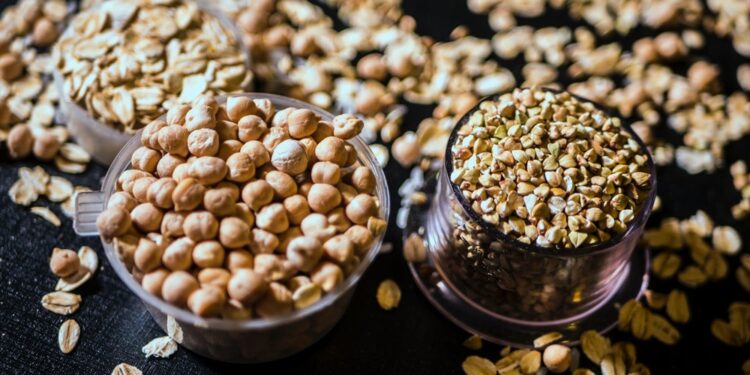
Whole Grains Month
It seems like everyone in the world is looking for something to keep themselves healthy, and many people turn to supplements and fad diets as a quick fix for perfect health. However, most people don’t need supplements to stay healthy.
All they need to do is add more whole grains to their diet. Whole grains are high in fiber, vitamins, minerals, and antioxidants. They also lower a person’s risk of heart disease, reduce their risk of stroke, and decrease their risk of obesity.
Whole grains are so important to a person’s health that the month of September has been designated as Whole Grains Month—a month dedicated to educating people about the importance of whole grains for their health.
The History of Whole Grains Month
In 2006, the Whole Grains Council sought a way to encourage more people to incorporate whole grains into their diets. With new information revealing an expanded list of health benefits provided by these grains, they decided the best way to promote whole grain consumption was to create Whole Grains Month.
Interesting Facts About Whole Grains
Here we go again. Another section of random facts about a particular subject. On the slate today are whole grains, so we decided to list some of the facts that we learned about whole grains while researching Whole Grains Month. Let’s take a peek, shall we?
- Whole grains include oats, popcorn, wheat, brown rice, wild rice, rye, barley, cornmeal, buckwheat, bulgur, quinoa, sorghum, millet, and spelt.
- Eating whole grains lowers a person’s risk of Type 2 diabetes.
- They also reduce chronic inflammation and support healthy digestion.
- Whole grains reduce the incidence rates of some types of cancer, such as colon cancer.
- A serving of whole grains is a slice of bread, half a cup of cooked cereal, or half a cup of rice or pasta.
- A serving of whole grains also includes a cup of dry cereal.
Observing Whole Grains Month
Adding more whole grains to your diet is probably the best way to observe Whole Grains Month. In most cases, it can be done quite easily. You can add more whole grains to your diet by switching out white bread for whole wheat or rye bread, adding granola to yogurt, eating oatmeal, switching out white rice for brown rice, and by using whole grain flours. You should also spread the word about this month using the hashtag #WholeGrainsMonth on social media. Let everyone know they should be eating more whole grains.








